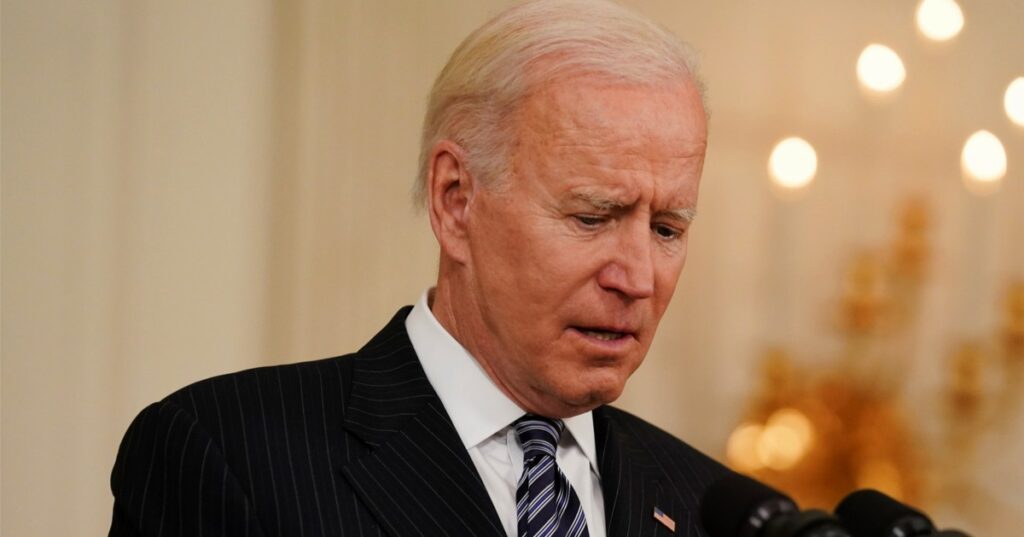A now-closed campaign end and a contested medical record are at the center of a new push by House Republicans to hold the physician who treated President Joe Biden accountable. Lawmakers say the doctor may have helped hide signs of decline that became impossible to ignore after a poor debate performance, and they’ve formally asked the District of Columbia Board of Medicine to investigate. The move follows interviews and a four-month probe that Republicans say uncovered troubling inconsistencies in official statements about the president’s fitness.
Last year’s debate performance prompted sharp questions about the president’s cognitive state and ultimately preceded his decision to leave the campaign. Republicans argue that what voters saw on stage was not a one-off stumble but evidence of a problem that needed transparent medical answers. Those concerns have now shifted into oversight action aimed at uncovering whether those answers were deliberately obscured.
Representative James Comer, chair of the House Oversight Committee, delivered a strong challenge to the doctor who served as the president’s physician during that period. Comer told the District of Columbia Board of Medicine that his committee’s work indicates White House aides coordinated a response that hid the extent of the president’s diminishing faculties. He raised the possibility that official medical reports and public assurances might not match what the committee learned in interviews.
The committee’s letter singled out Dr. Kevin O’Connor and asked the board to investigate whether he failed in his duty as a physician. “The Committee urges the Board of Medicine for the District of Columbia to investigate and assess whether Dr. Kevin O’Connor, during his time as physician to President Biden, was derelict in his duty as a physician by, including but not limited to, issuing misleading medical reports, misrepresenting treatments, falling to conform to standards of practice, or other acts in violation of District of Columbia law regulating licensed physicians,” Comer wrote. That request frames the issue as possible professional misconduct, not just political spin.
Comer went further in the letter and recommended serious discipline if the board finds breaches of conduct. “Based on the nature and extent of Dr. O’Connor’s actions, the Committee recommends that the Board of Medicine impose discipline, sanction, or revocation of his medical license,” the congressman went on to add. For Republicans, this is about accountability in a profession where the public trusts physicians to be candid about a leader’s ability to serve.
The committee’s investigation included months of interviews with O’Connor and former White House officials, and it culminated in a report Republicans say supports their concerns. When O’Connor testified to the committee in July, he invoked the Fifth Amendment rather than answer questions about whether he had been asked to misrepresent the president’s condition. That decision only intensified calls from Republicans for a formal review by medical regulators.
Comer described the refusal to answer as unprecedented and said it added “more fuel to the fire that there was a cover-up.” Lawmakers are pushing the DC board to use its authority to find out whether the physician met professional standards or put politics above patients. Republicans argue that allowing any impression of a cover-up without consequences would erode public trust in both the medical profession and the institutions that safeguard it.
Despite those claims, O’Connor publicly maintained his assessments after the debate, telling the press that the then-president was in “excellent” condition. He also maintained there was no need for a cognitive function test. That stance left a clear divide between the physician’s public statements and the questions raised by Comer’s committee, and it set up the regulatory dispute now headed to the Board of Medicine.
The push for an investigation is intended to be procedural: determine whether medical records and public reports matched, whether treatments were properly documented, and whether any standards of practice were violated. Republicans say their goal is straightforward accountability for the facts so voters and officials can trust assessments of a president’s health. The board’s response will decide whether the issue stays legal and medical or becomes a disciplinary matter with broader consequences.



